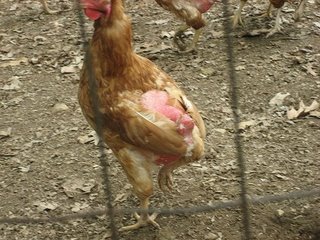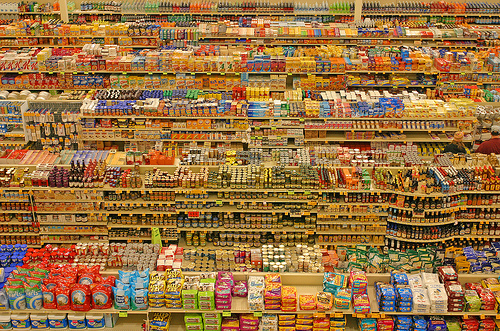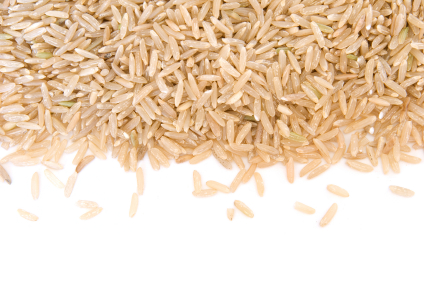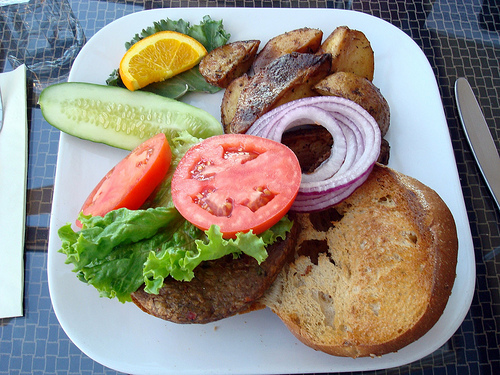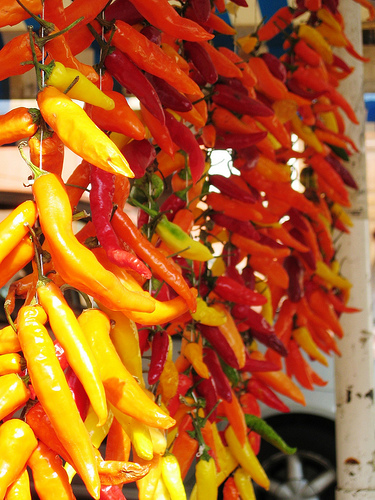Table of Contents
A perception exists that vegan diets are considerably more expensive than their non-vegan counterparts. This notion stems from the idea that plant-based proteins and specialty vegan products tend to be priced higher than traditional animal-based proteins and general food products. However, it’s important to note that this perception doesn’t paint an accurate picture of the costs associated with a vegan diet.
The objective here is to dispel the myth that veganism is a more expensive lifestyle and demonstrate how a vegan diet can be affordable, and in many cases, even cheaper than a non-vegan diet.
Cost Analysis of a Vegan Diet
The cost of a vegan diet is often a concern for those considering this lifestyle shift. Understanding the price breakdown and comparing different dietary choices can help dispel misconceptions.
Comparison of Costs Between Vegan and Non-Vegan Diets
Contrasting the costs of vegan and non-vegan diets offers a clearer understanding of the expenses associated with each lifestyle. It’s important to note that both diet types can vary significantly in cost depending on choices such as buying organic, local, or processed versus whole foods.
Protein Sources in a Vegan Diet
Protein is a crucial macronutrient essential for our health, and it’s one of the areas where the cost disparity is perceived most acutely. Traditional protein sources such as beef, poultry, and fish often come at a higher price per pound than plant-based protein sources like lentils, beans, and tofu. For example, a pound of lentils, which provides a significant amount of protein, often costs less than a pound of beef.
Fruits, Vegetables, Grains, and Legumes
Fruits, vegetables, grains, and legumes form the cornerstone of a vegan diet. Generally, these items are less expensive than meat and dairy products, especially when purchased in season or bulk. An analysis of cost per calorie may show that plant-based foods often provide more nutritional value for less money than animal-based foods.
Factors Contributing to the Perception of Vegan Diets Being Expensive
Specialty Vegan Products, Convenience Foods, Restaurants, and Services
The price of specialty vegan products often fuels the perception of a vegan diet as expensive. Vegan cheeses, mock meats, and other specialty items tend to be more expensive than their non-vegan counterparts. The same applies to dining out at vegan restaurants, as these dishes are often priced higher.
While it’s true that vegan options at restaurants can often come with a higher price tag, this doesn’t necessarily reflect the cost of a home-cooked vegan meal. Preparing vegan meals at home can be cost-effective, especially when you consider that many vegan dishes can get made in large quantities and stored for later use, providing multiple meals for the price of one.
Misunderstandings about the Cost of Plant-Based Foods
Another contributing factor to the perception of veganism being costly is the misunderstanding about the price of plant-based foods. It’s often thought that all vegan foods are expensive because people correlate veganism with specialty products and organic foods. However, staples of a vegan diet, such as grains, beans, fruits, and vegetables can be very economical, especially when bought in bulk and prepared at home.
Budget-Friendly Vegan Options and Strategies
There is a wide array of budget-friendly vegan options and strategies that can help make the vegan lifestyle more economical. It’s about knowing where to look and how to shop wisely. Let’s explore these in the subsequent sections.
Economical Whole Food Sources in a Vegan Diet
A balanced vegan diet heavily relies on whole foods, which, contrary to popular belief, can be very affordable.
Beans, Lentils, and Other Legumes
Beans, lentils, and other legumes are rich in protein, fiber, vitamins, and minerals. They are one of the most affordable sources of high-quality nutrition you can find. Canned or dried, these legumes can be bought in bulk and used in various dishes, providing a cheap, nutritious base for your meals.
For example, a bag of dried lentils or chickpeas can cost just a few dollars and provide multiple servings, while a bag of dried beans can often yield as many meals as a package of chicken, beef, or fish at a fraction of the cost.
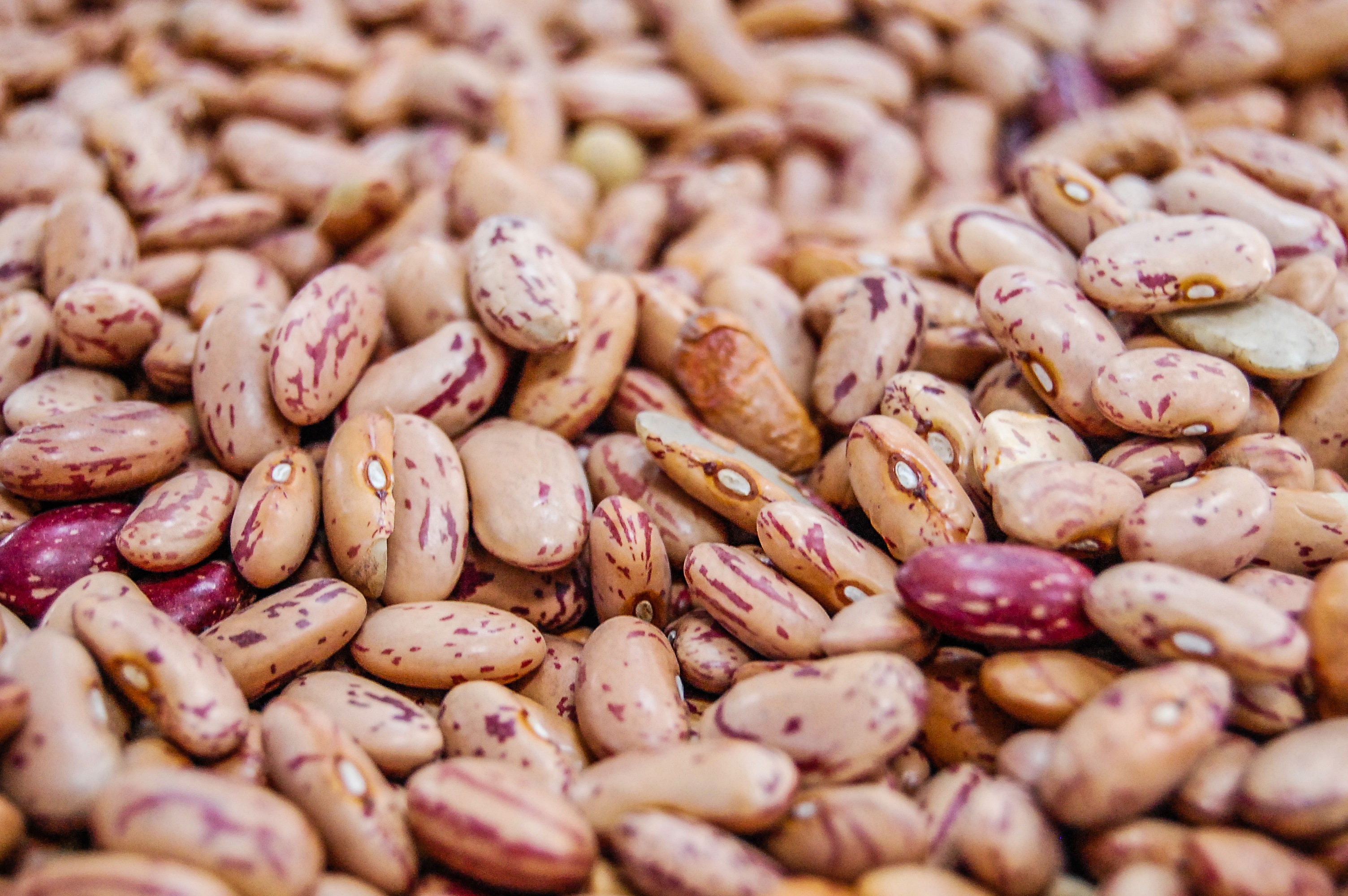
Beans
Beans are a budget-friendly vegan protein, with an average cost per pound much lower than animal-based proteins. Their versatility makes them a staple ingredient in a wide variety of culinary staples!
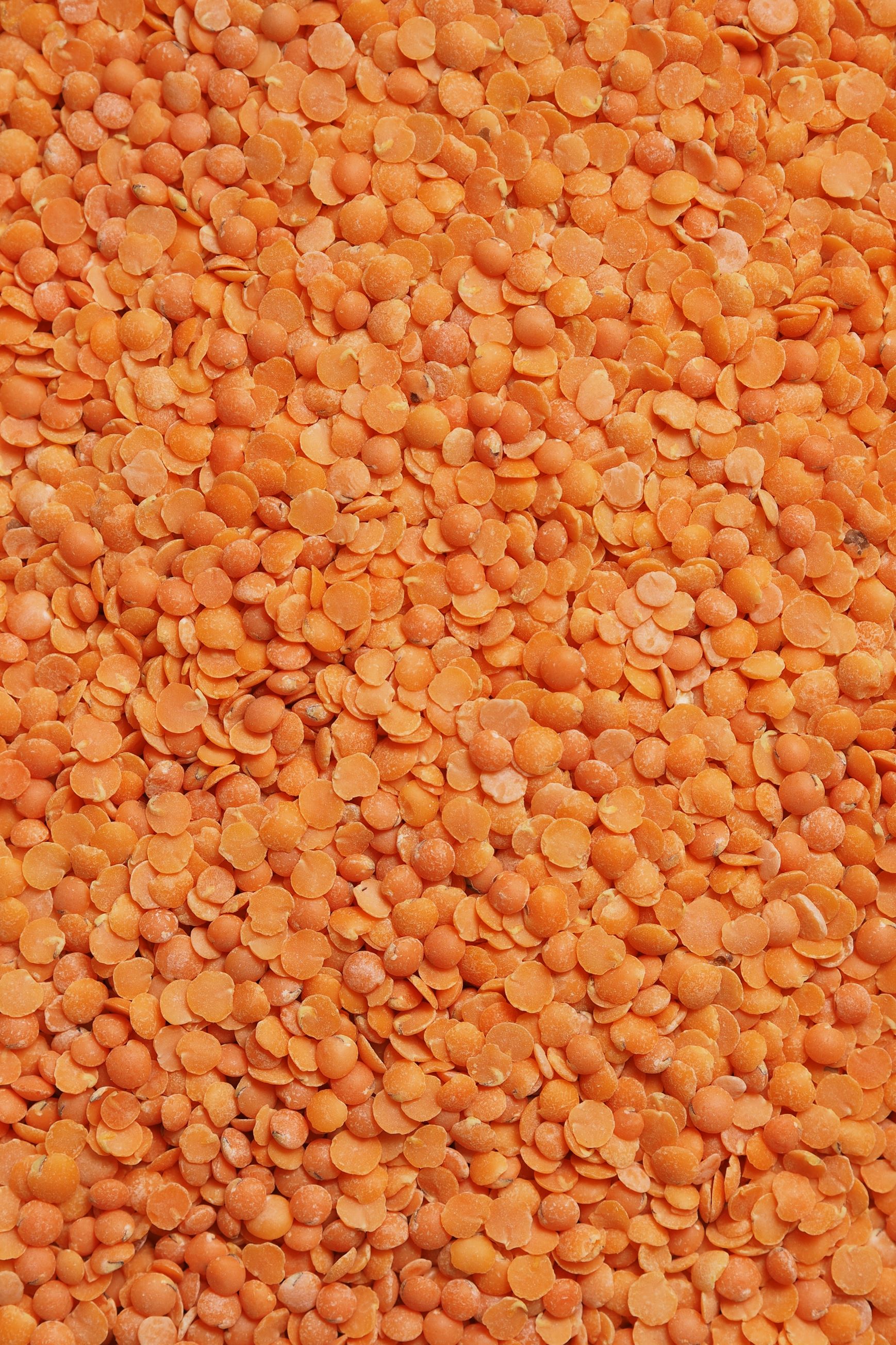
Lentils
Lentils are another cost-effective source of protein. They can be used in soups, stews, salads, curries, and more.
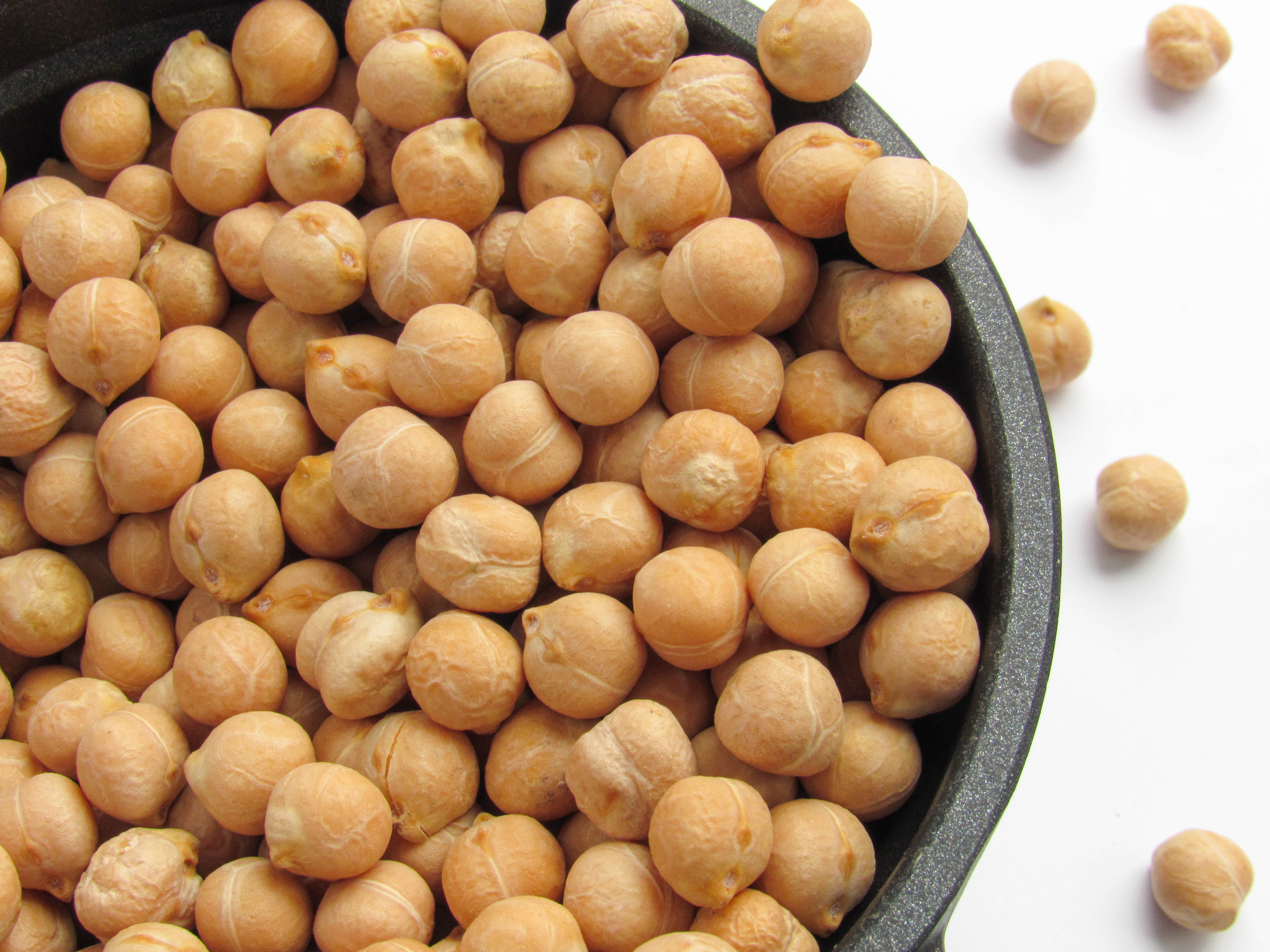
Chickpeas
Chickpeas are not only affordable, but also incredibly versatile. They are the foundation for hummus, falafel, and many savory stews. They also bake into a quick and easy snack, seasoned to your preference.
Grains
Whole grains like brown rice, barley, oats, and quinoa are low-cost and versatile ingredients.
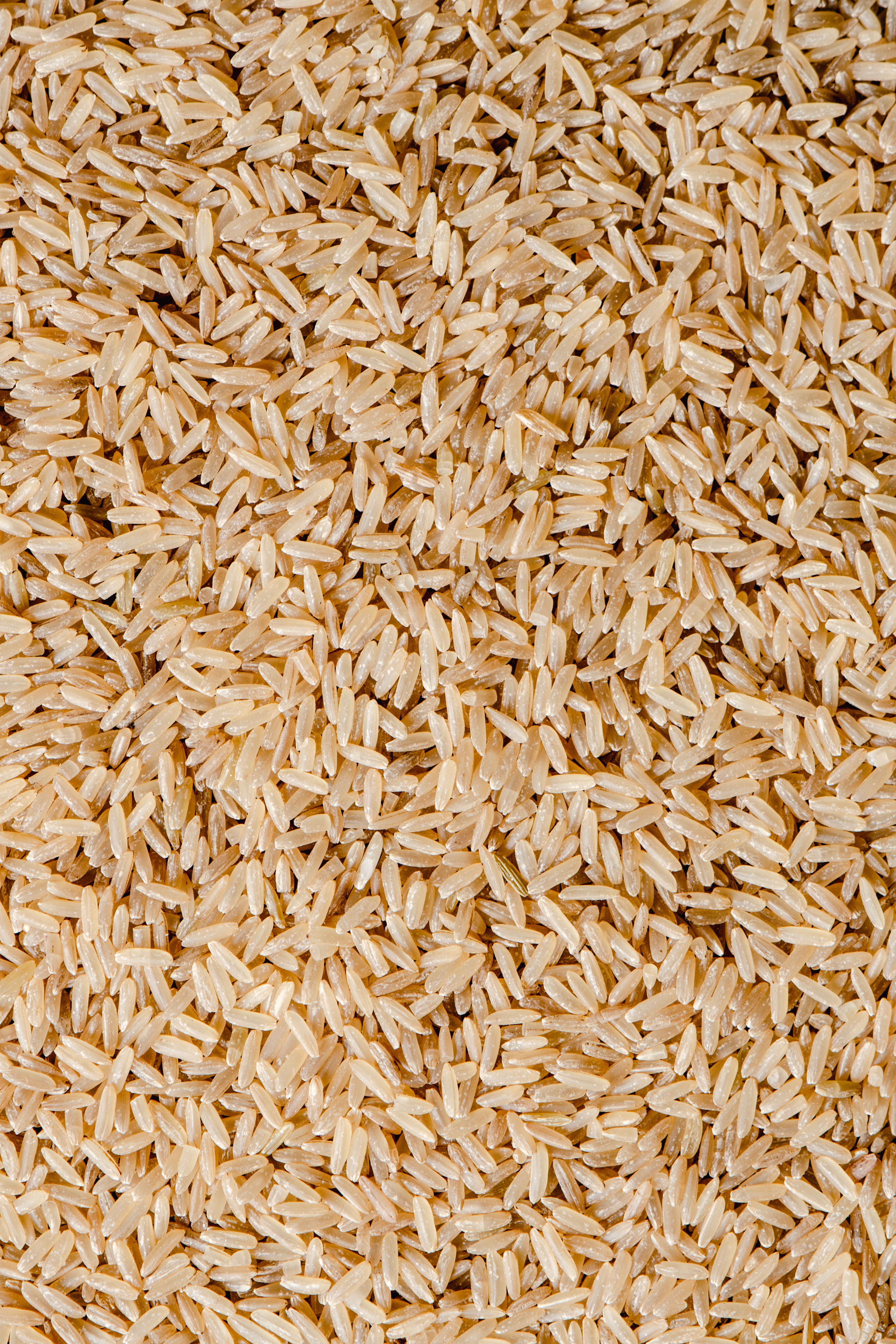
Brown Rice
Brown rice is a cost-effective whole grain that can be used as a base for countless dishes, from stir-fries to Buddha bowls, making it an essential item in any budget-friendly vegan pantry.
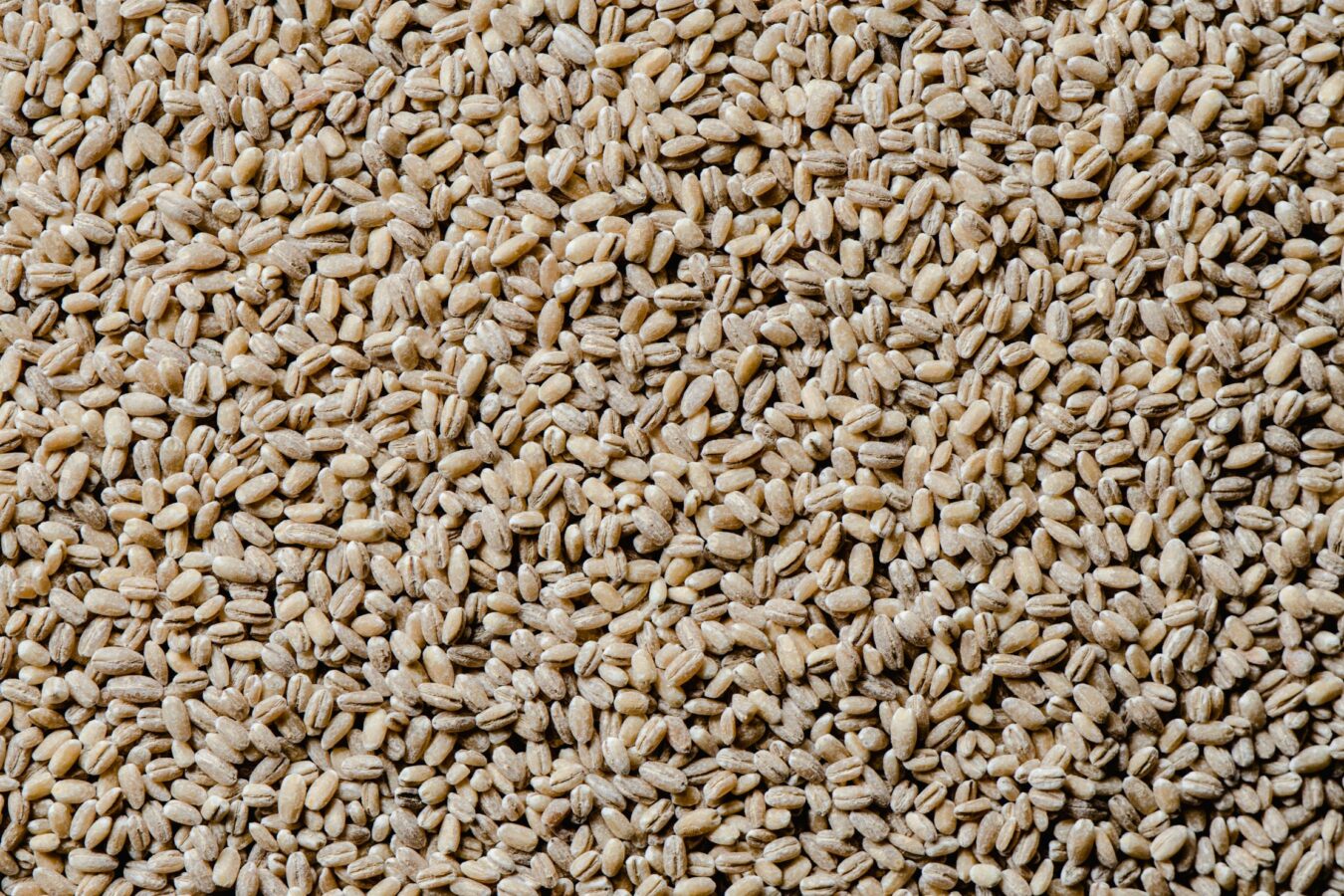
Barley
Barley is an economical and nutritious grain that can be utilized in soups, salads, and pilafs, adding a hearty textural element to your meal.
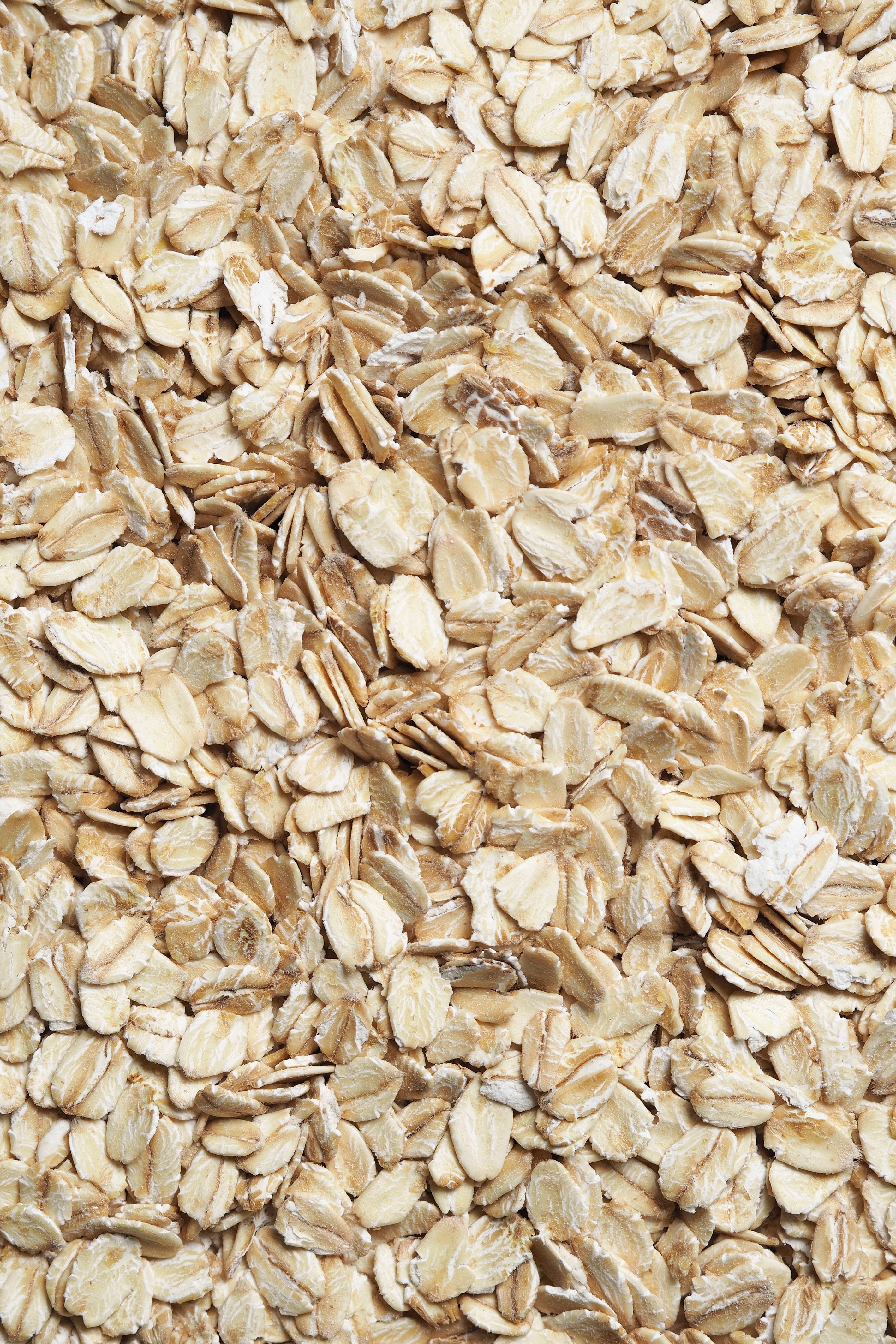
Oats
Oats can be enjoyed in various forms like oatmeal, granola, and in smoothies! Mix with fruit and sugar, and bake for an ultimate dessert!

Quinoa
Quinoa, despite its higher price compared to other grains, still offers excellent value for its nutritional profile, and can be a variety of ways, providing a versatile and protein-rich addition to a vegan diet.
Vegetables
Choosing vegetables that are in season or locally grown can lead to significant savings. Staples like potatoes, onions, carrots, and celery are often available at low prices year-round.
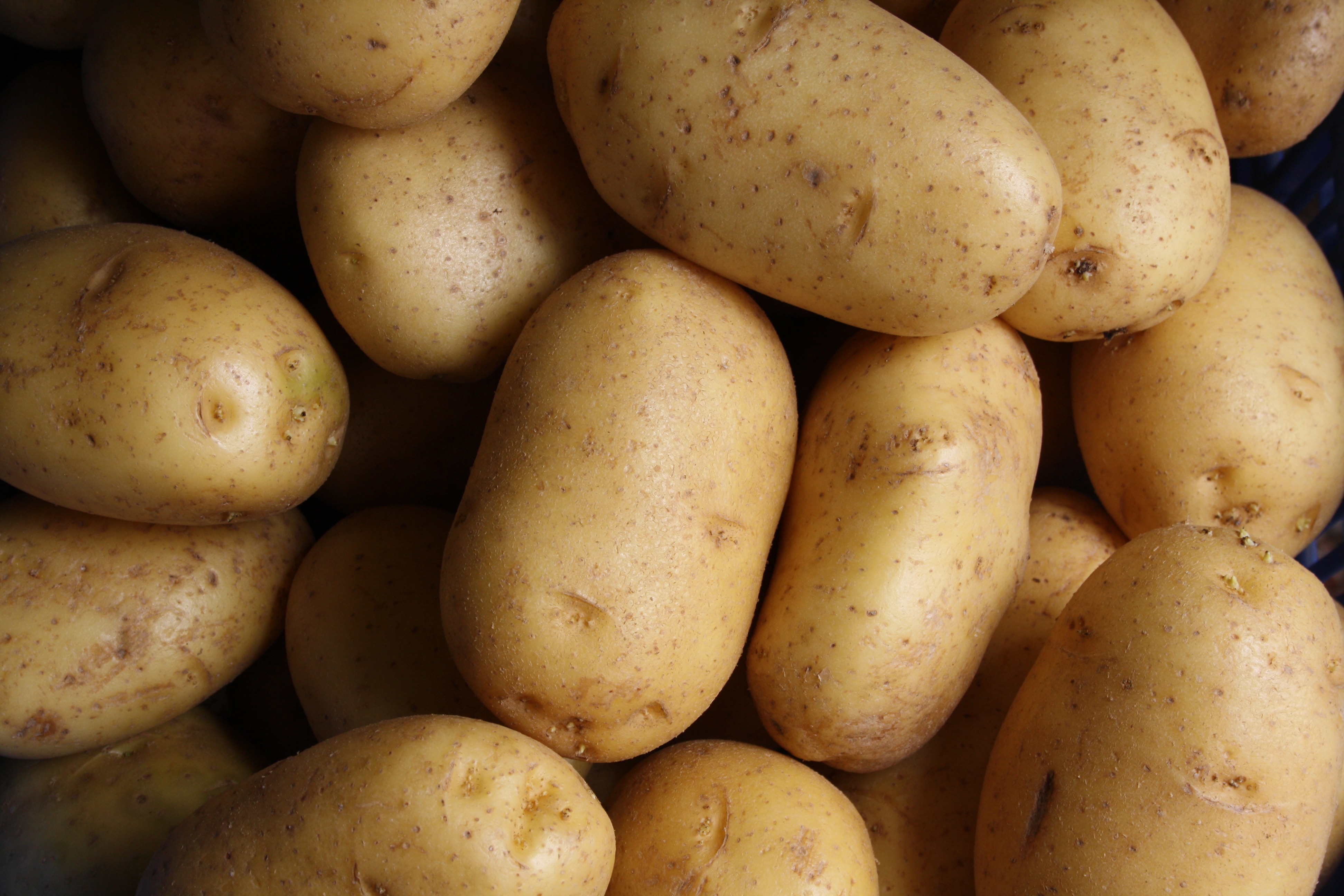
Potatoes
Potatoes are a budget-friendly staple that are incredibly versatile, serving as the base for countless dishes, from mashed potatoes to crispy roasted wedges.
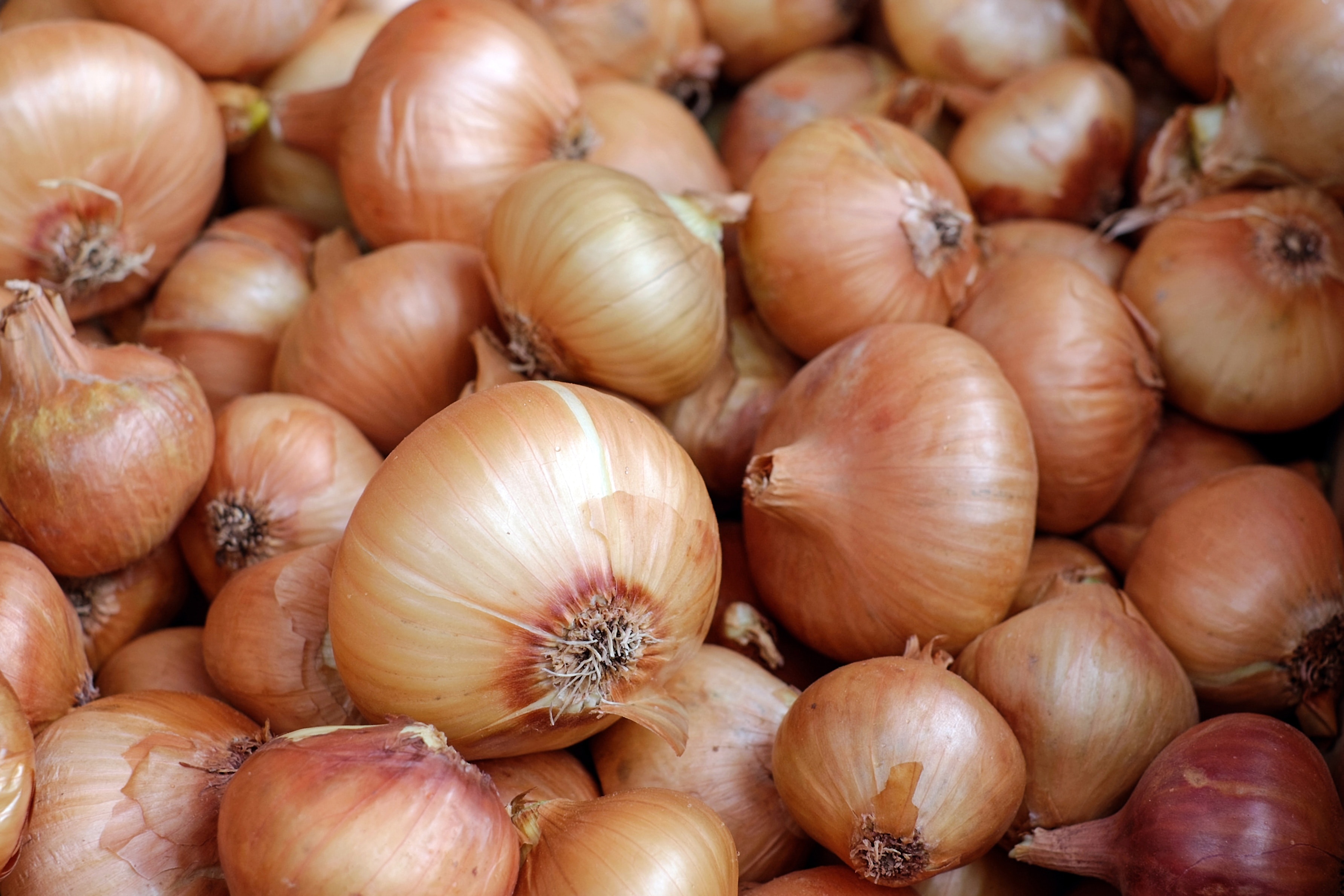
Onions
Onions enhance the flavor of numerous dishes, and can be used as a foundational ingredient in soups, stir-fries, sauces, and more.
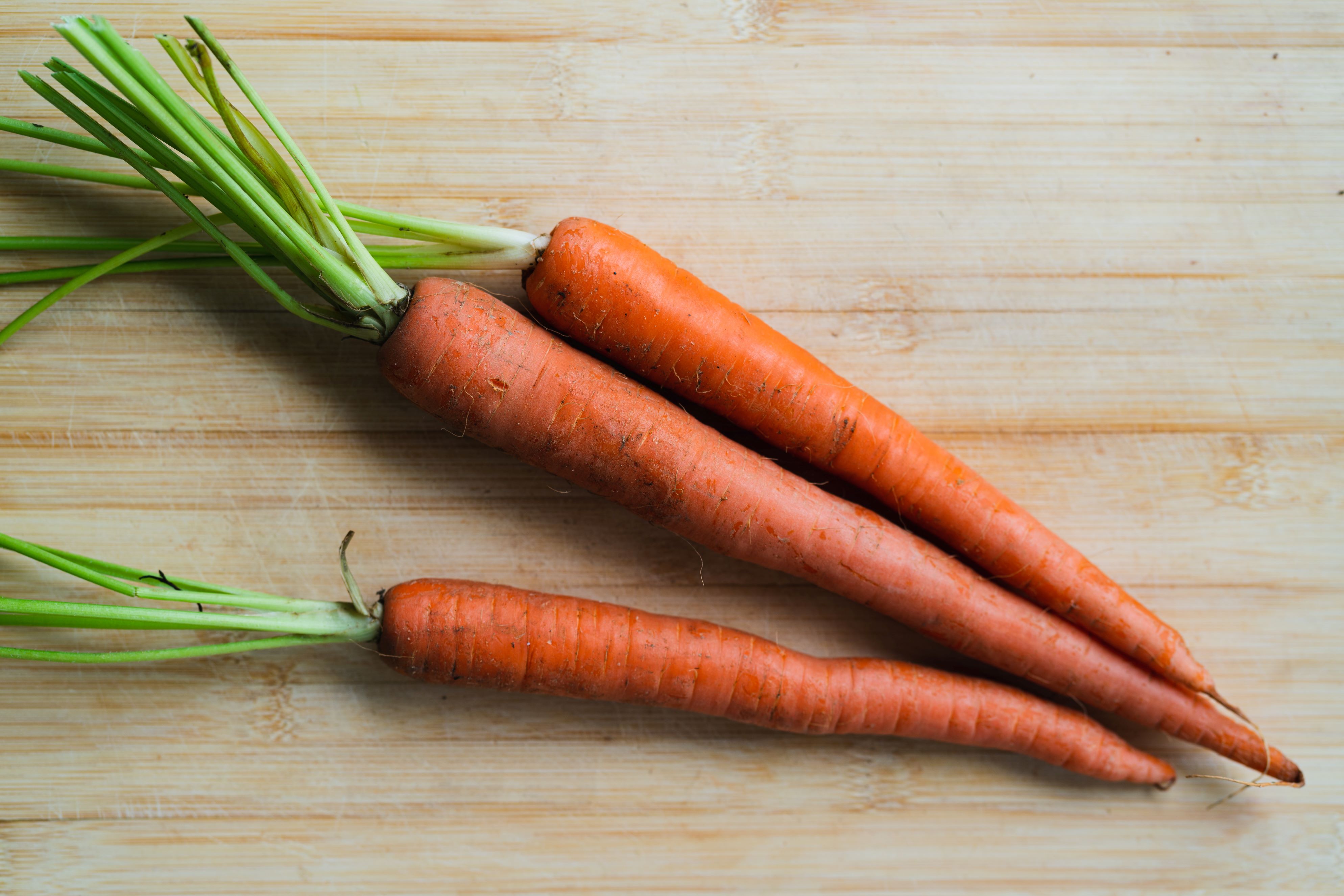
Carrots
Carrots, a cost-effective and nutrient-rich vegetable, are not only great for snacking but can also be used in soups, stews, and stir-fries, adding fun color and nutrition to your meals!
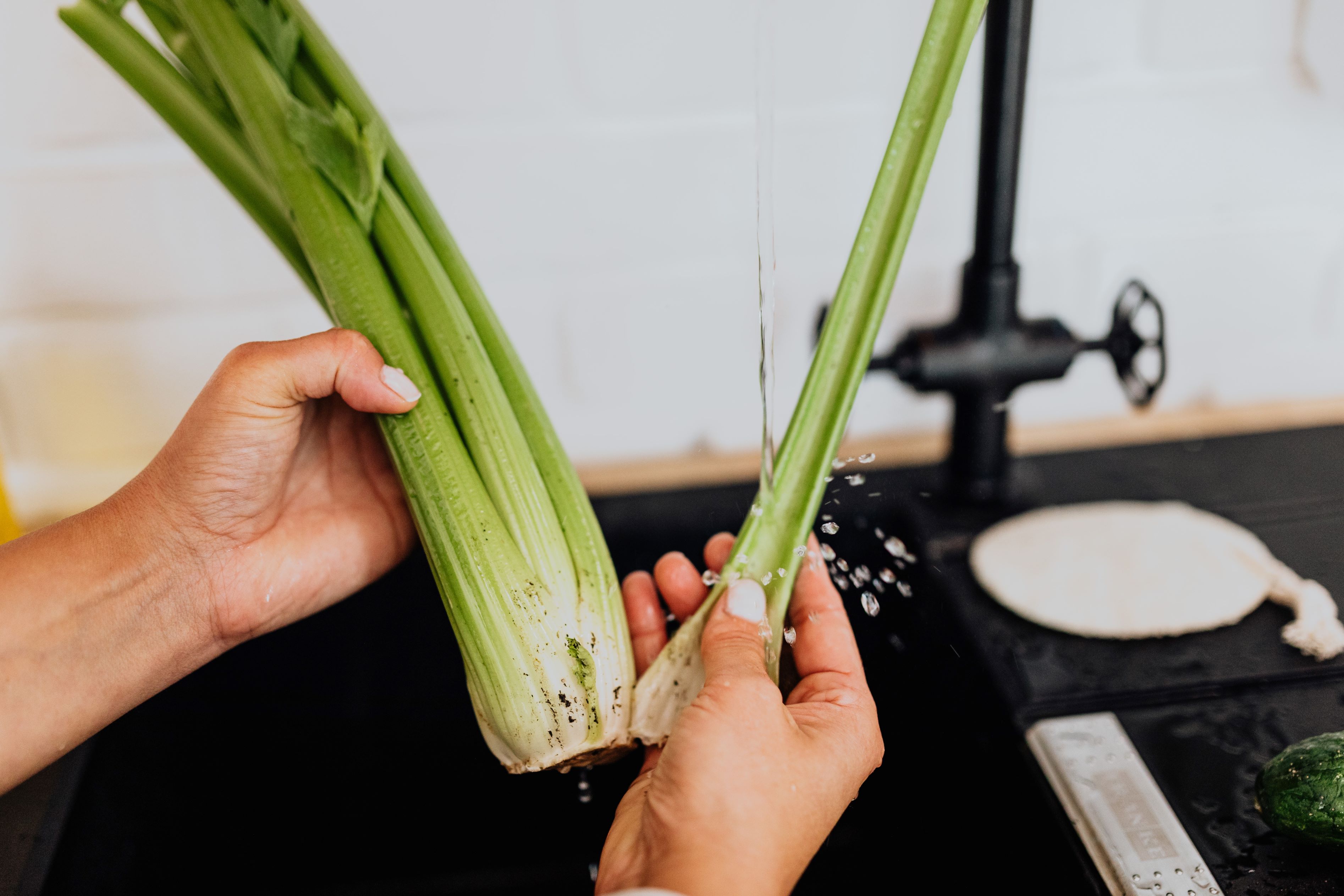
Celery
Celery brings a refreshing crunch to the table for dishes like salads, stir-fries, and soups!
Fruit
Choosing fruits that are in season or locally grown can lead to significant savings. Staples like apples, bananas, grapes, and oranges are often available at low prices year-round.
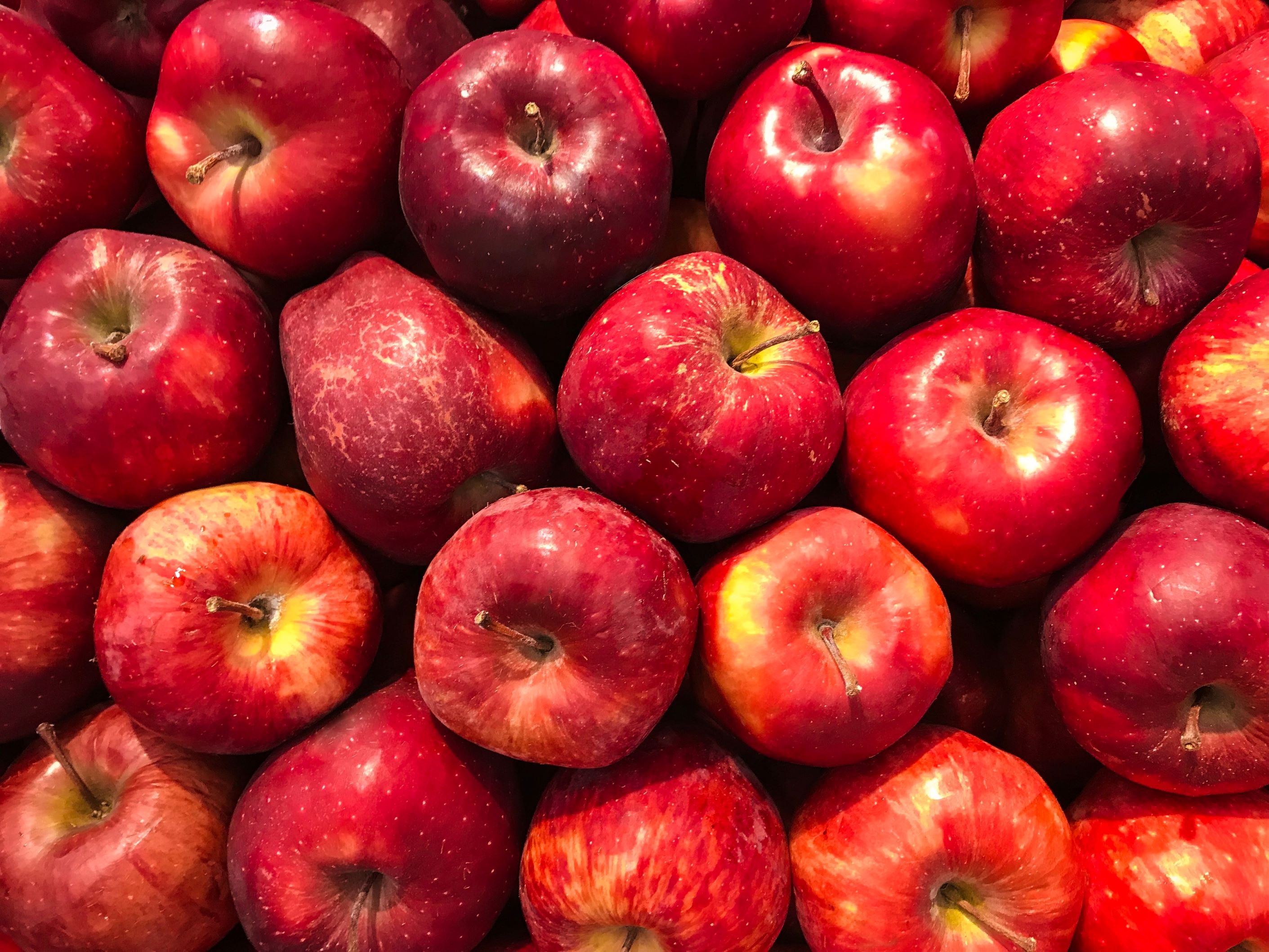
Apples
Apples, one of the most budget-friendly fruits, can be enjoyed on their own as a snack or used in various recipes, from oatmeal toppings to desserts and salads, offering natural sweetness and fiber to your meals.
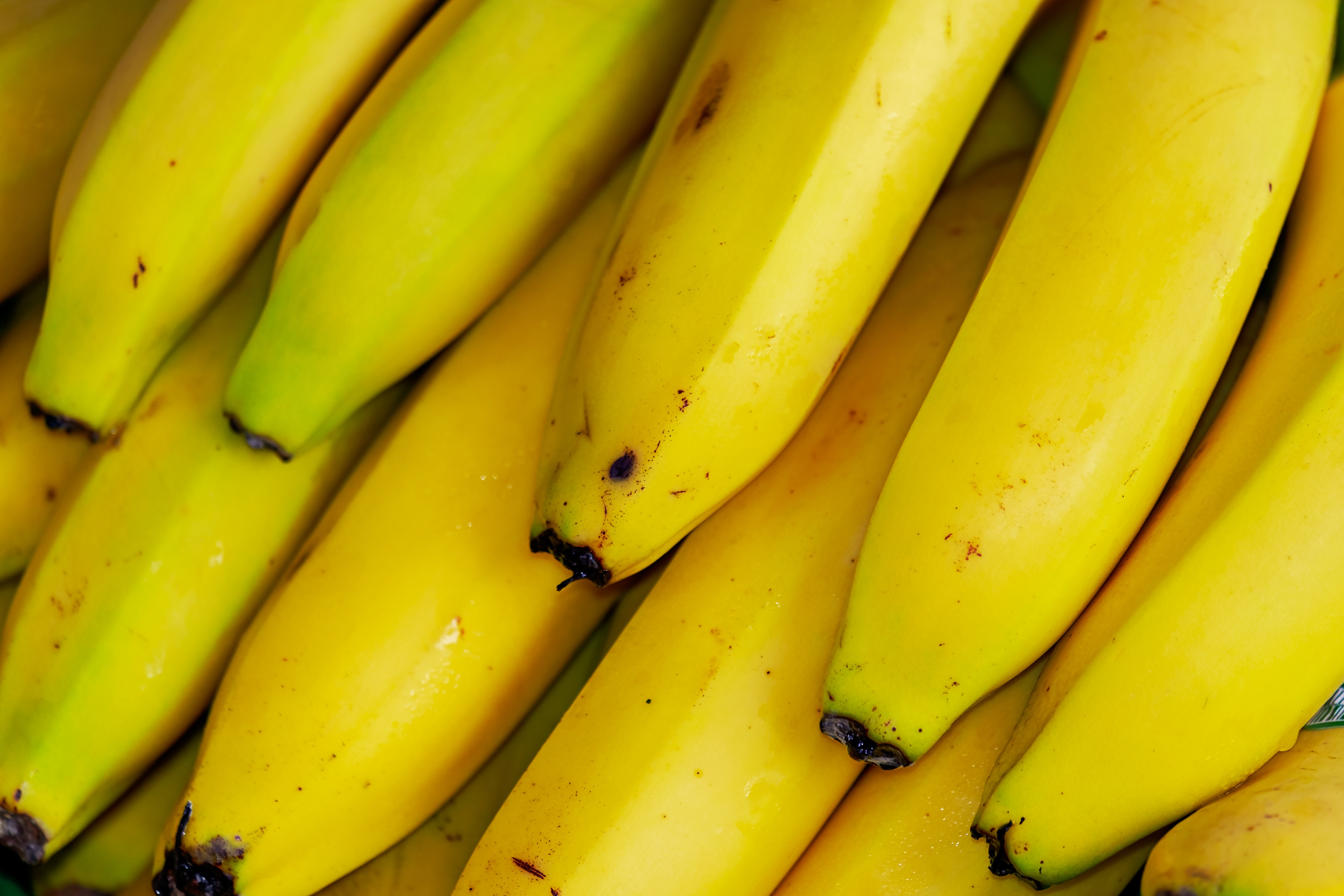
Bananas
Bananas are a versatile ingredient in vegan baking, smoothies, and snacks, providing a natural sweetness and creamy texture. Great for on the-go snacking!
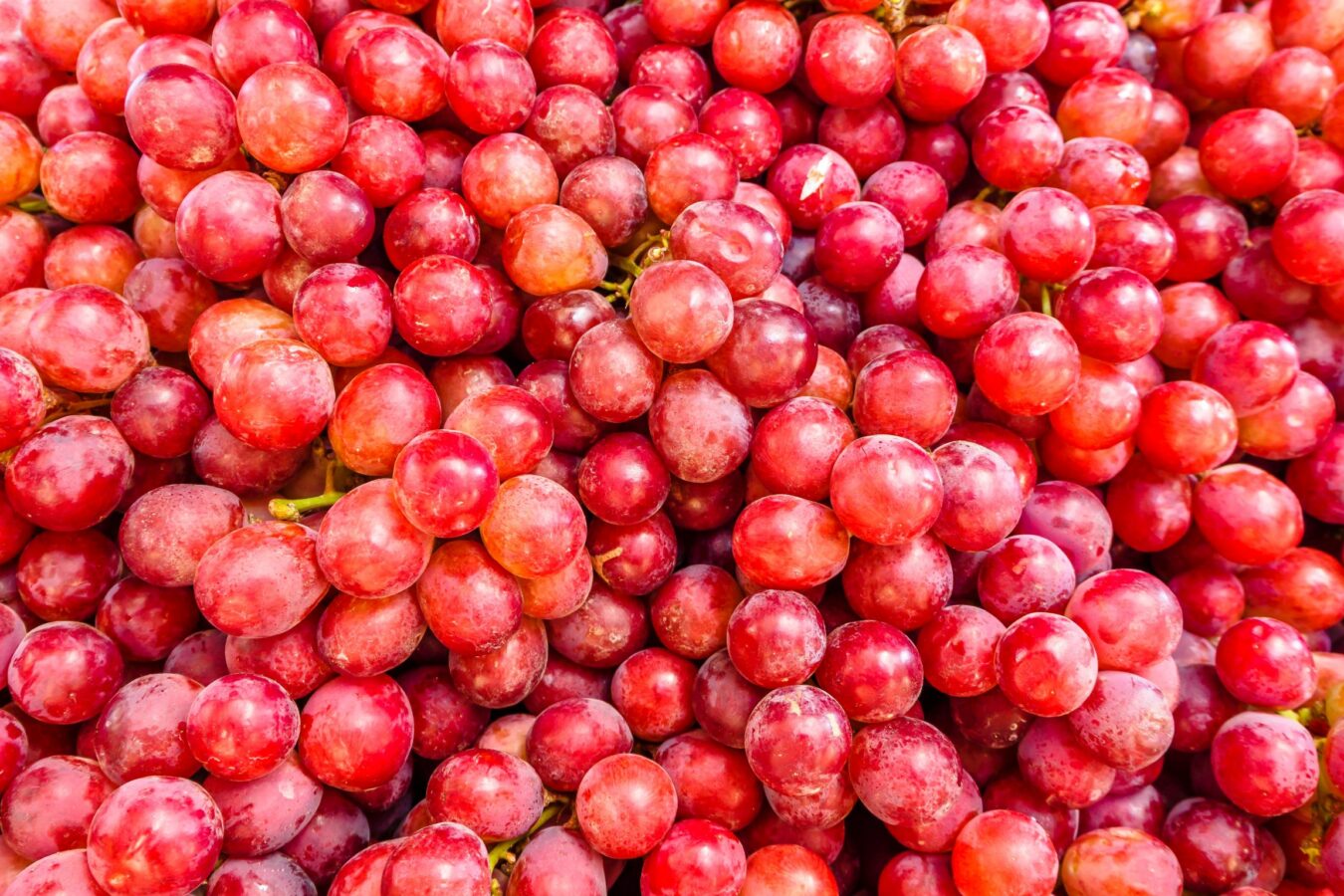
Grapes
Grapes are not only a convenient snack but can also be used in salads, desserts, and even frozen for a refreshing treat, making them a delightful addition to a frugal vegan diet.
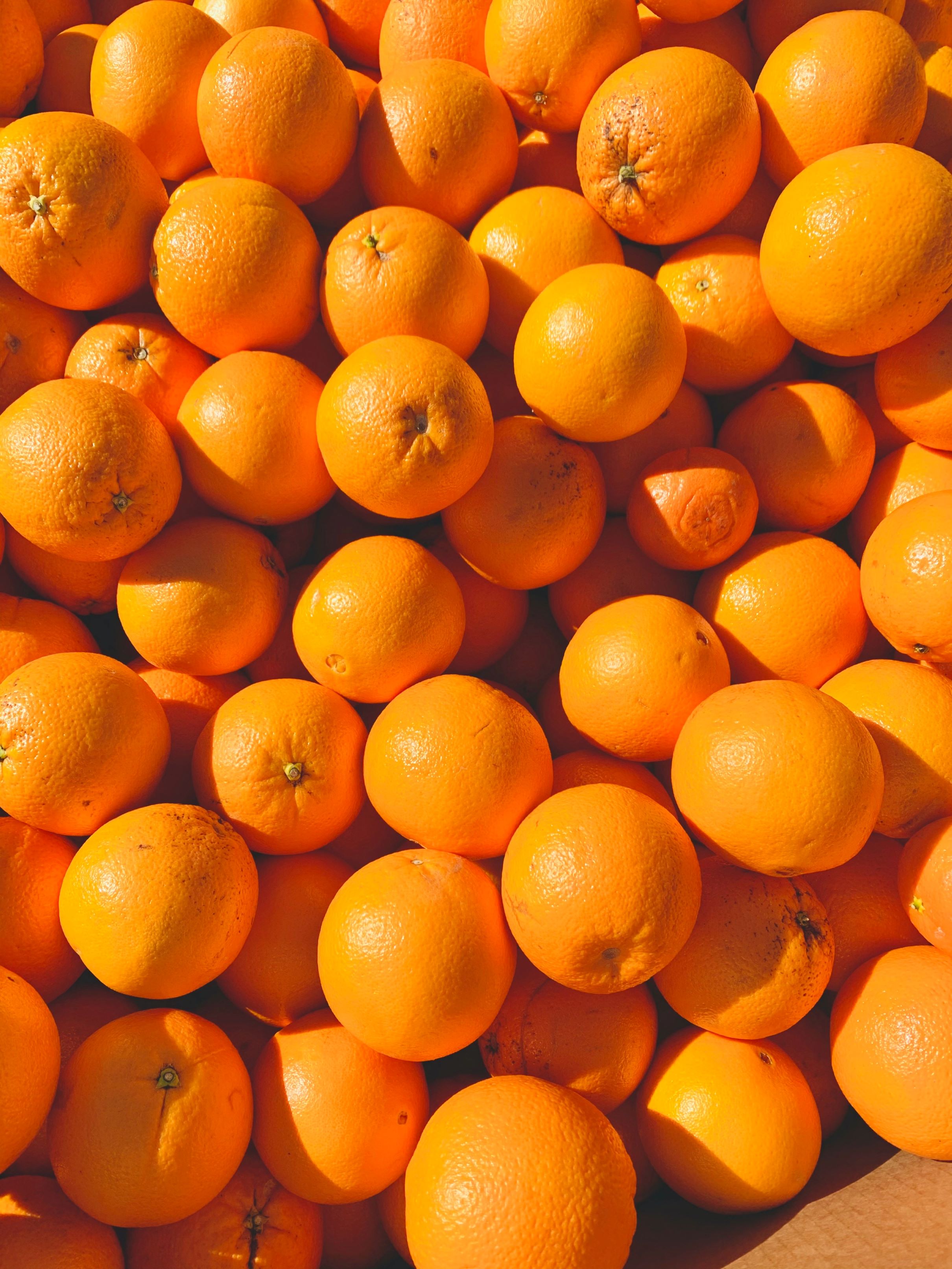
Oranges
Oranges are affordable and nutrient-rich. They can be enjoyed fresh, juiced, or used in salads and sauces, offering a burst of flavor and vitamin C.
Buying in Bulk, Seasonal Produce, and Farmer’s Markets
One strategy to save on a vegan diet is to buy in bulk. Non-perishable items like grains, legumes, nuts, and seeds often come at a lower cost when purchased in larger quantities. Likewise, buying fresh, seasonal produce can be economical and beneficial for nutritional content. Farmer’s markets are excellent places to find such items, often at lower prices than grocery stores.
Moreover, farmer’s markets often support local farmers, so purchasing from them saves money while promoting local economies and reducing the carbon footprint associated with food transportation.
Homemade Alternatives to Expensive Vegan Specialty Products
Another cost-saving strategy is to create homemade alternatives to expensive vegan specialty products. These homemade alternatives cut costs and allow for customization according to personal taste and dietary needs. Plus, they often have the added benefit of being free from the preservatives and additives commonly found in store-bought versions.

Vegan Milk
Plant-based milk can be made at home using almonds, cashews, or oats.
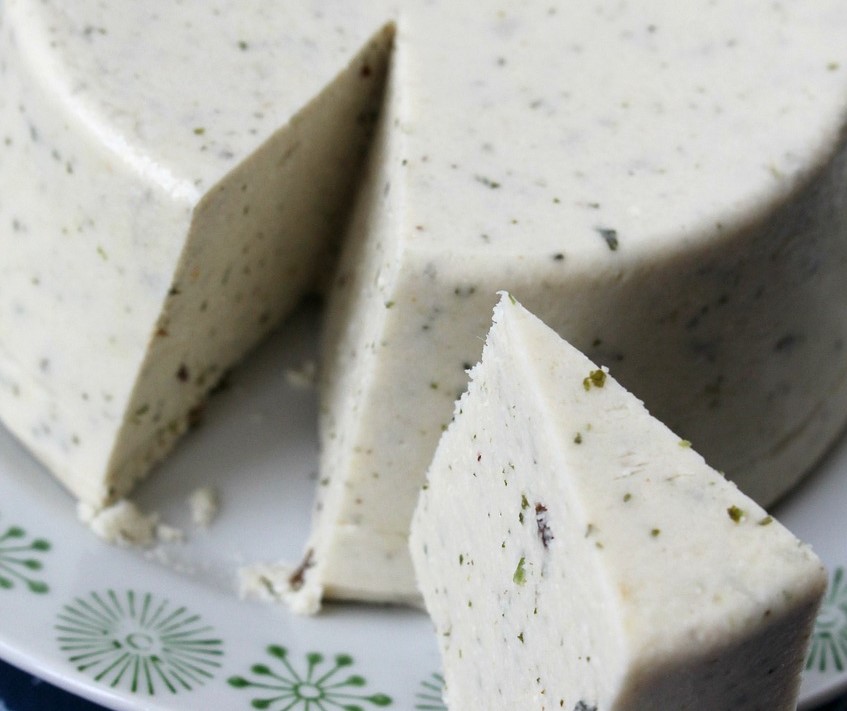
Vegan Cheese
Vegan cheeses can be prepared using cashews or tofu.

Vegan Meat Substitutes
Vegan meat substitutes can be made from ingredients like lentils, chickpeas, or mushrooms.
Money-Saving Tips and Meal Planning for a Vegan Diet
Meal planning is a practical approach to maintaining a budget-friendly vegan diet. By planning meals, you can save time, money, and reduce the chance of food waste. Below are our top tips for saving money through meal planning:
- Make specific shopping lists which reduce the chance of impulse buys or waste.
- Prepare meals in large batches
- Repurpose leftovers
- Freeze portions for later use
Further, learning to cook from scratch and experimenting with different recipes can make the vegan lifestyle more enjoyable and sustainable. After all, being budget-friendly doesn’t have to mean being bland or repetitive; with a little creativity, it’s possible to eat a diverse, flavorful vegan diet without spending a fortune!
Addressing the Nutritional Concerns within a Budget
Alongside the financial aspect, ensuring that a budget-friendly vegan diet does not compromise on nutrition is essential. You’ll want to maintain an adequate intake of essential nutrients, and you should address any potential deficiencies promptly.
Ensuring Adequate Intake of Essential Nutrients
A balanced, well-planned vegan diet can provide all essential nutrients. However, you must be aware of your consumption of specific vitamins and minerals to avoid potential deficiencies.
Vitamins and Minerals in Plant-Based Diets
Crucial vitamins and minerals in a vegan diet include vitamin B12, vitamin D, iodine, iron, calcium, and omega-3 fatty acids. Many of these nutrients are plentiful in plant-based foods. However, some, like vitamin B12, are primarily found in animal products and may require supplementation or consuming fortified foods in a vegan diet.
Addressing Potential Nutrient Deficiencies on a Budget
Addressing potential nutrient deficiencies on a budget can be achieved by focusing on nutrient-rich, low-cost foods. Foods like leafy greens, lentils, beans, whole grains, and seeds are affordable and contain the necessary vitamins and minerals. In some cases, taking a budget-friendly multivitamin may also be a good idea to ensure you’re meeting your nutritional needs.
The beauty of a vegan diet is its natural inclination towards nutrient-dense whole foods. Therefore, consuming various plant-based foods can ensure a well-rounded intake of different nutrients. Nutritional yeast, for example, is an inexpensive product that’s rich in B vitamins, including B12, which can be more challenging to get on a vegan diet.
Meeting Protein and Calorie Needs, Especially for Athletes
Protein and calorie requirements, particularly for athletes, are another aspect to consider when budgeting for a vegan diet.
Adequate Protein and Calorie Intake in a Cheaper Vegan Diet
Beans, lentils, and whole grains are affordable and protein-rich options. Combining different plant-based protein sources can ensure a complete amino acid profile. Nuts and seeds, though a bit pricier, can be purchased in bulk to help cut costs and serve as excellent sources of both protein and calories.
Budget-Friendly Strategies for Vegan Athletes to Maintain Optimal Health and Performance
For vegan athletes, consuming enough protein and calories is essential. Budget-friendly strategies can include focusing on high-protein, high-calorie, and low-cost foods like lentils, chickpeas, quinoa, and tofu. Meal planning can also be highly beneficial, allowing athletes to prepare nutrient-dense meals in advance, optimizing their nutrition without breaking the bank.
Eating larger quantities of budget-friendly staples like rice, pasta, and potatoes can provide the necessary calorie density for active individuals.
Regularly incorporating nutrient-dense, calorie-rich smoothies, made with ingredients like bananas, oats, flaxseeds, and a scoop of peanut butter, can offer a high-energy, low-cost option.
Furthermore, post-workout meals can be optimized with inexpensive, protein-rich foods like lentils and chickpeas, paired with whole grains like quinoa or brown rice for a complete amino acid profile.
The Future of Veganism and Affordability
Looking forward, the landscape of veganism and its affordability appears promising. As veganism grows in popularity, it’s becoming increasingly accessible and affordable due to several contributing factors.
The Increasing Accessibility of Plant-Based Options and Vegan Alternatives
As demand grows, the availability of plant-based options and vegan alternatives increases across the food industry.
Startups and established food companies alike are investing heavily in plant-based research and development, with products such as lab-grown meat and dairy alternatives created from plant proteins, illustrating the industry’s progressive direction.
Mainstream Markets Offering More Vegan Options
Supermarkets and grocery stores worldwide are expanding their range of vegan products, making it easier for individuals to find and purchase plant-based options. In addition to specialty vegan items, mainstream brands are introducing vegan alternatives, often at competitive prices, further reducing the cost of a vegan diet.
Growth of Affordable Vegan Fast-Food Chains and Eateries
More affordable vegan fast-food chains and eateries are emerging in the food service sector. This trend is making vegan food more accessible to a broader audience and debunking the myth that vegan eating is always expensive or inaccessible.
Public Awareness and Education
Public awareness and education play a significant role in the future of veganism and its affordability.
Dispelling the Myth of Veganism Being Expensive
More resources are becoming available to help educate the public about the cost of a vegan diet, dispelling the myth that veganism is inherently expensive. As more people realize that a vegan diet can be affordable, the popularity of this lifestyle will likely continue to grow.
Technology and digital media advancements are also contributing to a more accessible and affordable vegan lifestyle. For example, the rise of mobile applications that offer budget-friendly vegan meal planning, grocery list creation, and digital coupons further streamline the vegan lifestyle and help keep costs down. These resources enhance public awareness and education and provide practical tools to support a cost-effective vegan lifestyle.
Encouraging More Individuals to Explore Budget Veganism
Education about the financial feasibility of a vegan lifestyle encourages more individuals to explore and adopt a budget-friendly vegan diet. This awareness can increase demand for affordable vegan options, influencing market offerings and prices.
Environmental and Financial Incentives for Promoting a Plant-Based Lifestyle
There are also environmental and financial incentives that may drive the future affordability of a vegan diet.
Potential Government Subsidies or Policies to Support Sustainable Food Production
As the environmental benefits of plant-based diets become more recognized, governments may offer subsidies or implement policies to support sustainable food production, making plant-based foods more affordable.
The Long-Term Societal Benefits of Embracing a Budget-Friendly Vegan Lifestyle
Adopting a budget-friendly vegan lifestyle has long-term societal benefits. It promotes sustainable food choices, supports animal welfare, and can potentially reduce healthcare costs associated with diet-related diseases. Awareness of these benefits may drive further support for making veganism affordable and accessible to everyone.
Alongside these benefits, the potential economic impact of more widespread adoption of veganism can’t be overlooked.
Economists suggest that a global shift towards a plant-based diet could result in significant economic savings, largely due to the reduced medical costs and environmental damage associated with animal agriculture.
These potential savings add another layer to the financial appeal of a budget-friendly vegan lifestyle, further cementing its value from both a personal and societal perspective.

